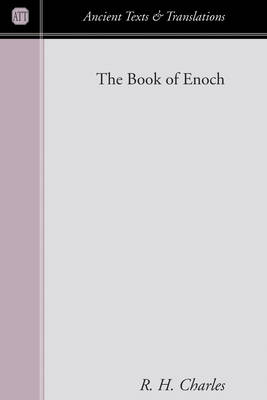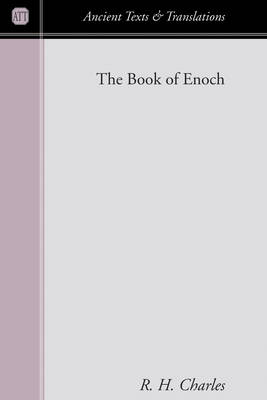
- Afhalen na 1 uur in een winkel met voorraad
- Gratis thuislevering in België vanaf € 30
- Ruim aanbod met 7 miljoen producten
- Afhalen na 1 uur in een winkel met voorraad
- Gratis thuislevering in België vanaf € 30
- Ruim aanbod met 7 miljoen producten
Zoeken
€ 61,45
+ 122 punten
Uitvoering
Omschrijving
The present book from the Ethiopic belongs to the second and first centuries B.C. All the writers of the New Testament were familiar with it, and were more or less influenced by it in thought and diction. It is quoted as a genuine production of Enoch by St. Jude, and as Scripture by St. Barnabas. The authors of the Book of Jubilees, the Apocalypse of Baruch and IV Ezra, laid it under contribution. With the earlier Fathers and Apologists it had all the weight of a canonical book, but towards the close of the third and the beginning of the fourth centuries it began to be discredited, and finally fell under the ban of the Church. --from the Introduction
Specificaties
Betrokkenen
- Auteur(s):
- Uitgeverij:
Inhoud
- Aantal bladzijden:
- 420
- Taal:
- Engels
- Reeks:
Eigenschappen
- Productcode (EAN):
- 9781579109479
- Verschijningsdatum:
- 3/06/2002
- Uitvoering:
- Paperback
- Formaat:
- Trade paperback (VS)
- Afmetingen:
- 132 mm x 222 mm
- Gewicht:
- 489 g

Alleen bij Standaard Boekhandel
+ 122 punten op je klantenkaart van Standaard Boekhandel
Beoordelingen
We publiceren alleen reviews die voldoen aan de voorwaarden voor reviews. Bekijk onze voorwaarden voor reviews.







